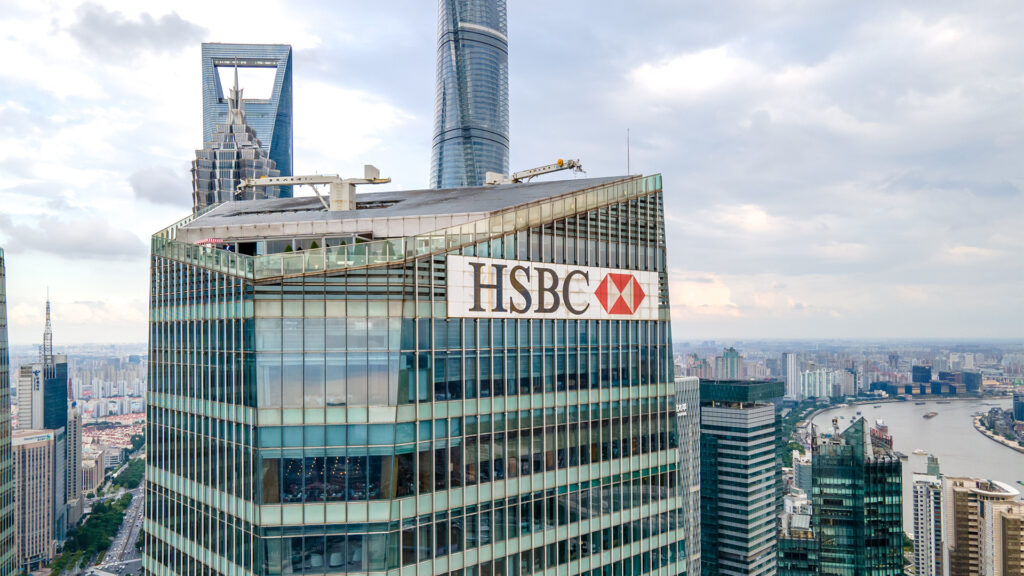A week ago, Standard Chartered Bank revealed a slide in quarterly earnings due to write-downs in the value of its Chinese property and banking investments, amounting to nearly $1 billion. Yesterday, its UK-based rival, HSBC, reported a massive 235% surge in earnings for the September quarter, despite a half-billion-dollar write-down on its Chinese property dealings.
In addition to the higher profit, the bank also announced a third interim dividend and a new buyback program, aiming to please its shareholders, particularly the largest one, Chinese insurer Ping An.
HSBC informed stock exchanges that its net profit for the three months totaled $6.26 billion, up from $2.66 billion in the same period last year. Europe’s largest bank by assets attributed this increase to higher interest rates, as earnings before tax for the quarter rose by $4.5 billion to $7.7 billion.
However, the results fell short of overly optimistic analysts’ forecasts, who had estimated a third-quarter profit after tax figure of $6.42 billion and profit before tax of $8.1 billion. This shortfall was partially due to the write-down in China and a multi-billion dollar impairment associated with the sale of its French banking operations in the same quarter of 2022.
HSBC disclosed that it took a $2.3 billion impairment in the third quarter of 2022 due to the planned sale of its retail banking operations in France. However, this impairment was partially reversed in the March quarter of this year as the sale seemed uncertain. Now, HSBC is considering reinstating the impairment into its accounts.
HSBC also cautioned about the potential deterioration of China’s property market and revealed a $500 million charge to cover potential losses on commercial real estate loans. This charge was attributed to economic uncertainty, inflation, rising interest rates, and ongoing developments in the sector.
While the bank expects Chinese government support to improve sales in some market segments, such as housing, it remains concerned about sustained stress in the mainland China commercial real estate market.
HSBC’s impairment significantly exceeded the $186 million hit revealed by Standard Chartered last week.
The bank’s revenue rose to $7.71 billion in the third quarter, up from $3.23 billion a year ago, primarily due to the higher interest rate environment, which supported growth in net interest income across its global businesses. However, the net interest margin (NIM) slightly decreased from 1.9% in the June quarter to 1.7%.
In response to these results, HSBC’s board approved a third interim dividend of 10 US cents a share. Additionally, the bank announced a further share buyback of up to $3 billion, set to commence shortly and be completed by its full-year results announcement on February 21, 2024. This marks the third buyback for the year and brings the total to $7 billion, along with a total of 30 cents a share in interim dividends.
Group CEO Noel Quinn emphasized, “The extra dividend and buyback underline the substantial distribution capacity that we have, even as we continue to invest in growth.”
HSBC intends to reduce its key CET1 (Common Equity Tier 1) capital ratio to between 14% to 14.5%, down from the current level of 14.9%, in order to have more flexibility for dividends and buybacks. The bank also revealed that its dividend payout ratio will be 50% for 2023 and 2024, excluding notable material items.
While HSBC’s performance was stronger than that of Standard Chartered, the losses and write-downs in China are expected to continue affecting investor confidence.

